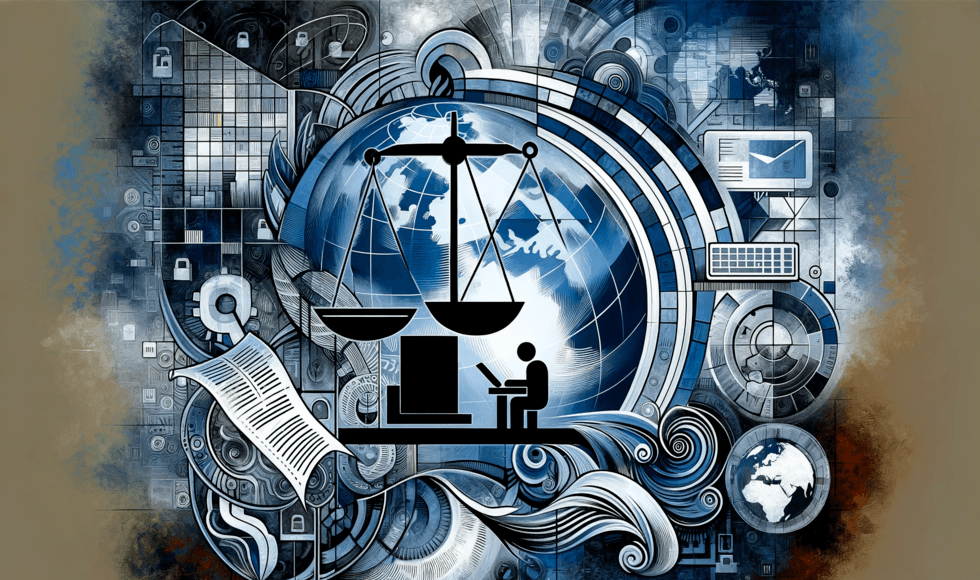In the rapidly evolving landscape of digital journalism, the line between public interest and privacy rights often blurs. As the immediacy of online platforms and social media accelerates the spread of information, journalists face increasing challenges in balancing ethical reporting with the public’s right to know. This article delves into these complexities, exploring how today’s digital journalists can navigate this delicate balance.
The Rise of Digital Journalism and Its Challenges
Digital journalism has revolutionized the way news is gathered, reported, and consumed. With the advent of social media, citizen journalism, and the 24/7 news cycle, information reaches audiences faster than ever before. However, this rapid dissemination often comes at the cost of thorough vetting and consideration of privacy implications. The urgency to break news can sometimes lead to oversharing private details, inadvertently causing harm or invading privacy.
Understanding Privacy in the Digital Realm
Privacy in journalism isn’t just a legal concern; it’s a moral one. Digital platforms have made it easier to access and share personal information, raising questions about what should be considered public interest. The line between a person’s private life and what the public needs to know is increasingly complex, especially when it involves public figures or sensitive subjects.
The Public Interest Argument
Journalists often justify reporting personal information by citing public interest. This can include exposing wrongdoing, protecting public health and safety, or revealing information that holds powerful entities accountable. However, the definition of what constitutes public interest is subjective and can vary depending on the context and culture.
Ethical Dilemmas: Case Studies
Consider the case of whistleblowers. Revealing their identity can be justified if it’s in the public interest, but it also risks their privacy and safety. Another example is reporting on celebrities or public figures. While their public status may make some aspects of their lives newsworthy, journalists must weigh the news value against the right to personal privacy.
Balancing Act: Privacy vs. Public Interest
The key to ethical reporting in the digital age is finding a balance. Journalists must ask tough questions: Is this information necessary for the public good? Can the story be told without revealing private details? What are the potential harms of publication, and do they outweigh the benefits?
Adhering to Journalistic Standards
Ethical guidelines, like those outlined by CyberJournalist.net’s editorial policy, play a crucial role. These standards emphasize accuracy, accountability, and respect for privacy. Journalists should always verify information from multiple sources and consider the repercussions of their reporting.
The Role of Editors and Newsrooms
Editors and newsrooms have a responsibility to enforce ethical standards. This includes training journalists on ethical decision-making, reviewing sensitive stories before publication, and being open to feedback and corrections when mistakes are made.
The Impact of Technology on Privacy
Emerging technologies, such as AI and data analytics, present new challenges for privacy. They enable journalists to sift through massive data sets, but they also raise concerns about surveillance and data protection. Newsrooms must be vigilant about how they use these technologies and ensure they don’t infringe on individual rights.
Educating the Public
Part of a journalist’s role is to educate the public about media literacy and privacy issues. By fostering an informed audience, journalists can help people understand the importance of balancing privacy with public interest and the complexities involved in reporting in the digital age.
Conclusion
In conclusion, ethical reporting in the digital age requires a nuanced understanding of privacy and public interest. As the media landscape continues to evolve, journalists must adapt and uphold high ethical standards. By doing so, they ensure that the power of the press serves the public good, respects individual rights, and maintains the trust of the audience. CyberJournalist.net, with its commitment to these principles, stands as a guiding light in this ever-changing domain, reminding us of the crucial role of responsible journalism in a democratic society.






